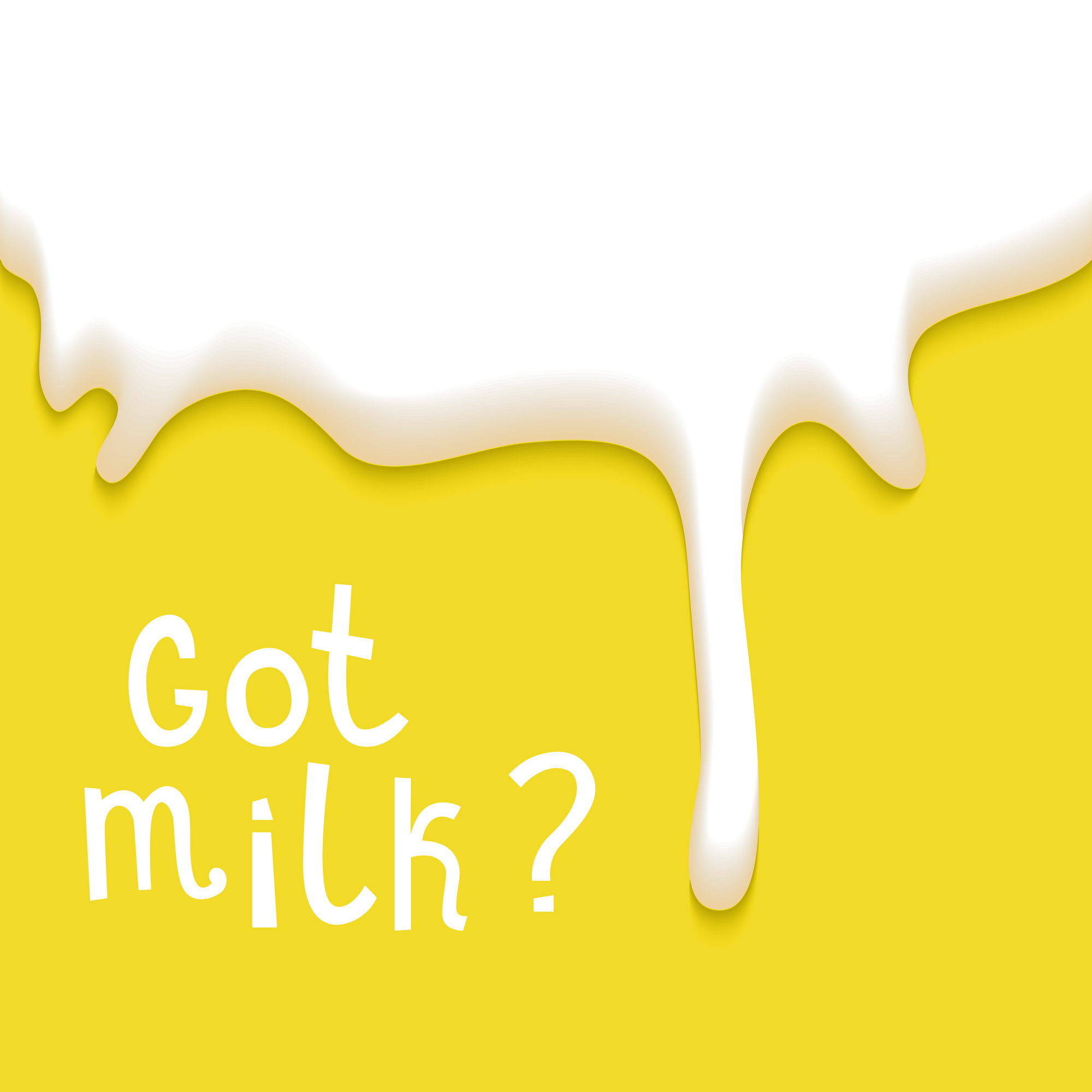
A recent report in a German newspaper trumpeted the latest innovation in food technology- “cows milk” produced in a laboratory created through the use of genetically engineered microbes.
Similar reports have been flooding the media landscape (see here, here and here) heralding lab grown dairy as “the next food frontier.”
With a focus on developing new lines of synthetically produced, ultra-processed food products utilizing recent advances in synthetic biology, the nascent Bio-Tech “food revolution” comprises a wide range of artificial foods such as meat, eggs, cheese and dairy and various products synthesized in laboratories.
Various promises for these synthetic food products range from “more efficient” to the omnipresent marketing buzzword “sustainable.”
The Biotech industry and its cadre of investors and advertisers have been making similar promises for years and to date have failed to deliver.
Many of these promises from artificial food advocates mirror the old and failed rhetoric that came with the Green Revolution which, as history illustrates, brought about the disappearance of real, nutrient dense foods and brought with it an accompanying increase in chronic diseases and a host of other problems.
Venture capitalists and assorted multinational conglomerates such as Nestle have accelerated the growth of the synthetic food market, eyeing it as a lucrative investment opportunity within the food industry.
The Good Food Institute reports that in the United States, the plant-based market has grown from 4.9 billion in 2018 to 7 billion in 2020.
Forbes reports the synthetic biology industry has reached a value of $12 billion in the last decade and is expected to double by 2025 and reach $85 billion by 2030. High profile investors such as Bill Gates, Peter Thiel, Google Co-founder Eric Schmidt and many others have poured millions into synthetic biology companies.
Knowing what we know about this gaggle of investors we have to ask, is this yet another attempt by the industrial agriculture cartel to reinvent its future and enhance the portfolios of the super-wealthy?
Is this yet another move towards further monopolization of the food industry?
Is artificial, lab grown food a tool to not only consolidate power in the hands of mega corporations but control the populace through standardized food products as opposed to real food?
Most importantly we must ask, is this Brave New World of Brave New Food brought to us by the same players that have destroyed local small-scale regenerative farmers and local communities likely to benefit humanity?
Is real food best created in a laboratory or best grown on biodiverse farms that take care of the land utilizing a regenerative agriculture model?














